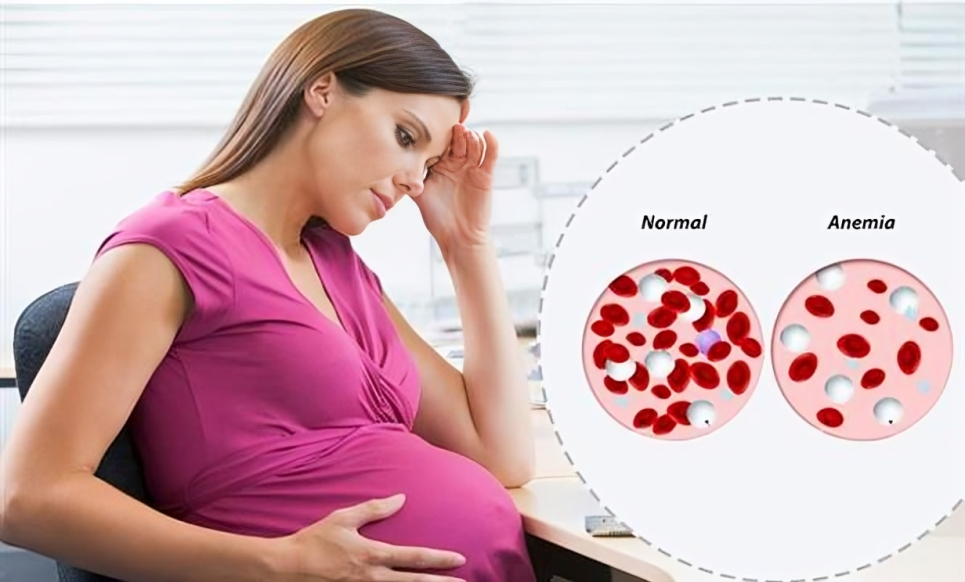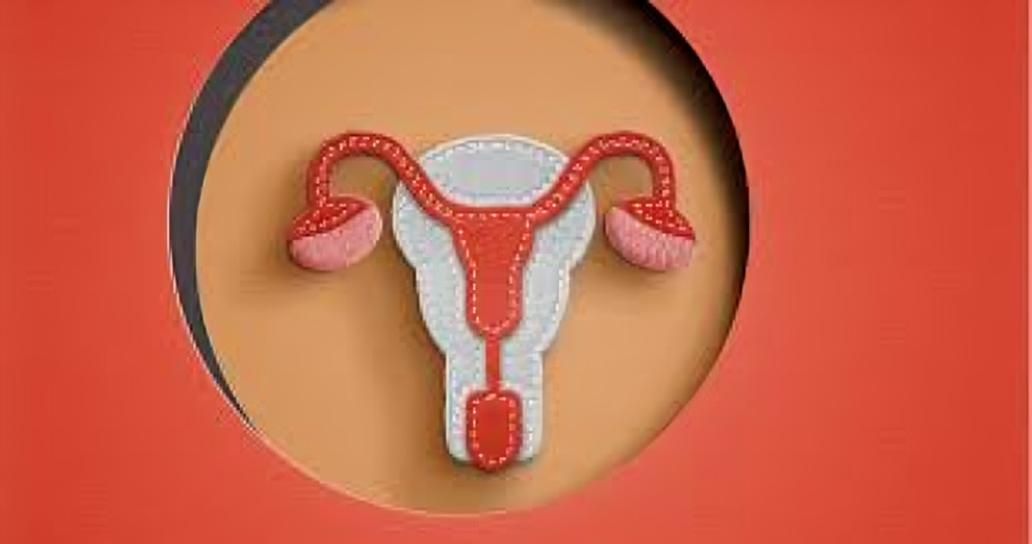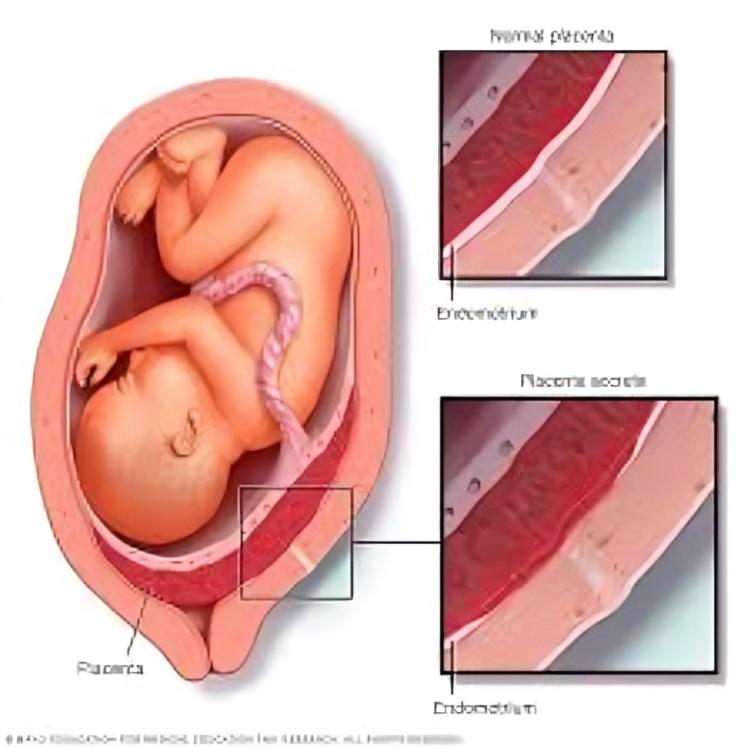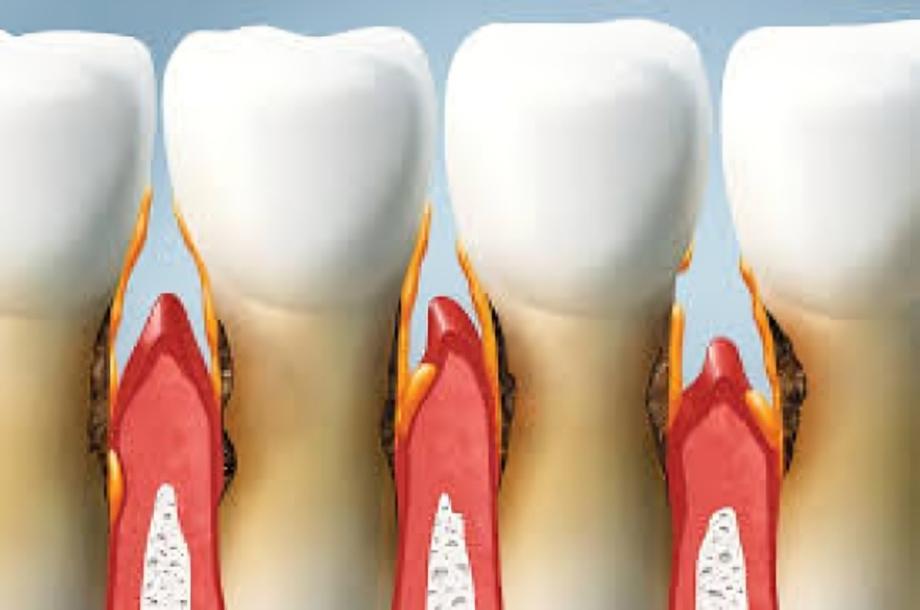Anemia during pregnancy increases the risk of heart defects.
Treating anemia during pregnancy can reduce the risk of newborns developing congenital heart defects.

A new study revealed that treating anemia during pregnancy could reduce the risk of newborns developing congenital heart defects. This study was published in the BJOG journal, one of the leading medical journals specializing in obstetrics and gynecology, and is considered an important scientific reference in the field. The study primarily examines the impact of anemia, one of the most common health conditions among pregnant women, on fetal development, particularly concerning heart health.
The study links anemia in the early stages of pregnancy with a significant increase in the likelihood of heart defects in newborns. The results showed that women who had anemia during early pregnancy exposed their babies to a 47% higher risk of developing such defects. This discovery represents a major step in understanding the relationship between iron deficiency and anemia and congenital heart defects, underscoring the need for increased medical awareness and preventive care on this matter.
To verify these results, researchers analyzed medical records of approximately 2,800 women in the UK who gave birth to babies with congenital heart defects and compared them with data from about 14,000 women who had healthy babies. The findings were surprising to some experts, as the comparison showed that about 4.4% of mothers who gave birth to babies with heart defects had anemia during pregnancy, compared to only 2.8% among mothers with healthy children. This significant difference in percentages highlights the importance of early medical intervention during pregnancy, particularly in treating anemia.
These results support previous studies conducted in countries like Canada and Taiwan, which confirmed the link between anemia during pregnancy and an increased risk of congenital heart defects. In those studies, a direct connection was found between maternal iron deficiency and the likelihood of birth defects in the fetus, reinforcing the need to monitor iron levels during pregnancy as part of routine care.
According to the researchers, about two-thirds of anemia cases during pregnancy are caused by iron deficiency, which is a primary factor in this condition. Iron-deficiency anemia is the most common type among pregnant women and significantly impacts both maternal and fetal health. In this context, the researchers noted that this type of anemia is largely preventable through regular iron supplementation, particularly in the early stages of pregnancy, which can help reduce many health risks to the fetus.
Based on these findings, the researchers suggested that regular iron supplementation for women before and during pregnancy could help prevent anemia, thus reducing the likelihood of congenital heart defects in newborns. Doctors emphasize that iron supplements are one of the most effective solutions that can improve the overall health of pregnant women, improve pregnancy outcomes, and support normal fetal development. Moreover, taking these supplements may help prevent serious health conditions in mothers, such as chronic fatigue, loss of concentration, dizziness, and other symptoms related to iron deficiency.
Regarding the researchers' recommendations, they called for a large-scale clinical trial to test the effectiveness of iron supplements in preventing anemia during pregnancy and determining whether this could prevent the development of congenital heart defects in newborns. These trials may involve women of different ages and health conditions to obtain accurate and comprehensive results on the impact of iron supplements on maternal and fetal health.
Experts point out that anemia is a common health issue among pregnant women, making it crucial to intensify efforts to diagnose and treat this condition effectively. Iron supplements are considered a safe and effective solution that can contribute to improving the health of both the mother and the fetus, enhance the delivery process, and reduce the risks of complications that may arise due to iron deficiency. Additionally, iron supplements are simple and safe treatments that offer numerous health benefits for both the mother and the child.
This study is an important step towards increasing medical awareness and healthcare for mothers during pregnancy. Through this study, we may be taking a significant step towards enhancing maternal and child health during pregnancy, ultimately reducing the health burdens that may arise from congenital heart defects, one of the leading causes of chronic health problems in children. Early prevention can limit the need for costly and complex medical interventions in the future, thus improving the quality of life for children born with such defects.
Therefore, this study could contribute to the development of stronger and more effective health policies in the field of prenatal care, which could help reduce the number of children born with heart defects and improve prevention and treatment in the early stages of pregnancy.
الحاجز المهبلي هو حالة طبية قد تؤثر على صحة النساء بشكل مباشر، وقد تكون سببًا لمشاكل صحية مختلفة إذا لم يتم التعامل معها بشكل مناسب.
المشيمة الملتصقة هي حالة صحية نادرة ولكنها خطيرة تحدث عندما تنمو المشيمة بشكل غير طبيعي داخل جدار الرحم.
مشاكل اللثة من أكثر المشكلات شيوعًا التي تؤثر على صحة الفم والأسنان
انحسار اللثة من المشكلات الشائعة التي تؤثر على صحة الفم وجمال الابتسامة، حيث تنسحب اللثة تدريجيًا وتكشف جذور الأسنان




